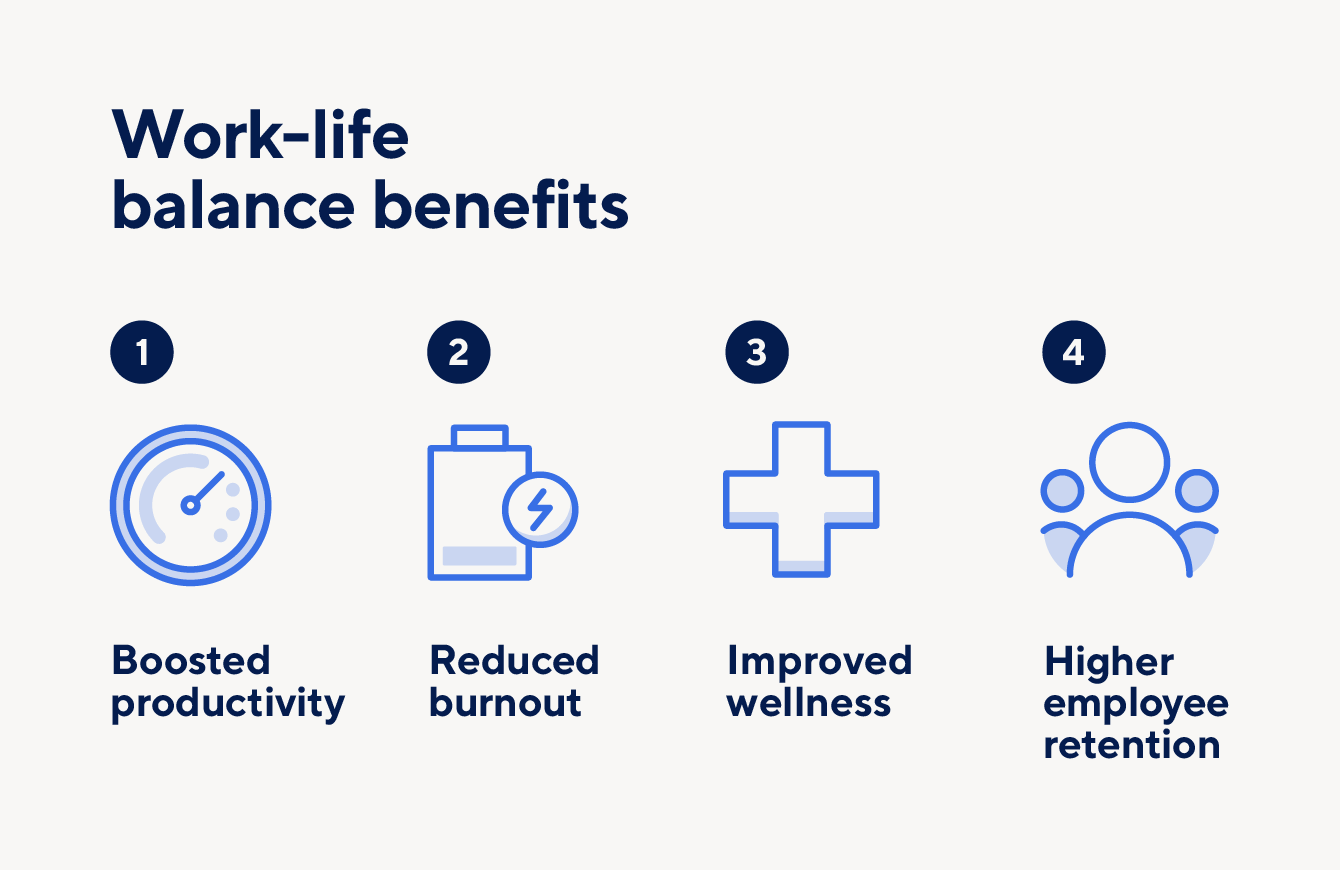Introduction: The Importance of Balance
In today’s fast-paced world, achieving a balance between work and personal life is essential for overall wellness. Many individuals struggle to juggle professional responsibilities with personal commitments, often leading to stress and burnout. This article explores practical strategies for balancing work and personal life, promoting a healthier and more fulfilling lifestyle.
Understanding the Impact of Imbalance
An imbalance between work and personal life can have significant consequences. High stress levels, lack of time for personal interests, and diminished relationships can lead to decreased productivity and overall dissatisfaction. By recognizing the importance of balance, individuals can take proactive steps to create a more harmonious life.
Strategies for Achieving Work-Life Balance
1. Set Clear Boundaries
Establishing clear boundaries between work and personal life is crucial. Define your working hours and communicate them with colleagues and family. Avoid checking emails or engaging in work tasks outside these hours to create a designated space for personal time.
2. Prioritize Self-Care
Incorporating self-care into your routine is vital for maintaining wellness. Set aside time for activities that rejuvenate you, whether it’s exercise, reading, or practicing mindfulness. Prioritizing self-care helps reduce stress and enhances overall well-being.
3. Create a Flexible Schedule
If possible, adopt a flexible work schedule that accommodates your personal commitments. Discuss options with your employer, such as remote work or adjusted hours. A flexible schedule allows you to balance responsibilities more effectively and enhances productivity.
4. Learn to Say No
Overcommitting can lead to overwhelming stress. Practice saying no to additional work projects or social obligations that do not align with your priorities. This practice allows you to focus on what truly matters and maintains your mental health.
5. Delegate Responsibilities
Whether at work or home, delegation is key to achieving balance. Share responsibilities with colleagues or family members to lighten your load. This not only helps manage your tasks but also fosters teamwork and collaboration.
6. Schedule Personal Time
Just as you schedule work meetings, schedule personal time for yourself and loved ones. Treat this time as a priority, ensuring you have dedicated moments to relax, recharge, and connect with those who matter most.

7. Limit Distractions
In both work and personal life, distractions can disrupt your focus and lead to inefficiency. Identify common distractions and minimize them. This may involve turning off notifications, setting specific times for social media, or creating a dedicated workspace.
8. Practice Mindfulness
Mindfulness practices, such as meditation or deep breathing exercises, can help reduce stress and enhance focus. Incorporating mindfulness into your daily routine fosters a greater sense of awareness and helps you remain present in both work and personal activities.
Conclusion: Embracing a Balanced Lifestyle
Achieving a balance between work and personal life is essential for overall wellness. By implementing strategies such as setting boundaries, prioritizing self-care, and practicing mindfulness, you can create a more fulfilling and harmonious lifestyle. Embrace the importance of balance and make conscious efforts to nurture both your professional and personal life. This commitment not only enhances your well-being but also fosters greater happiness and productivity in all areas of your life.




